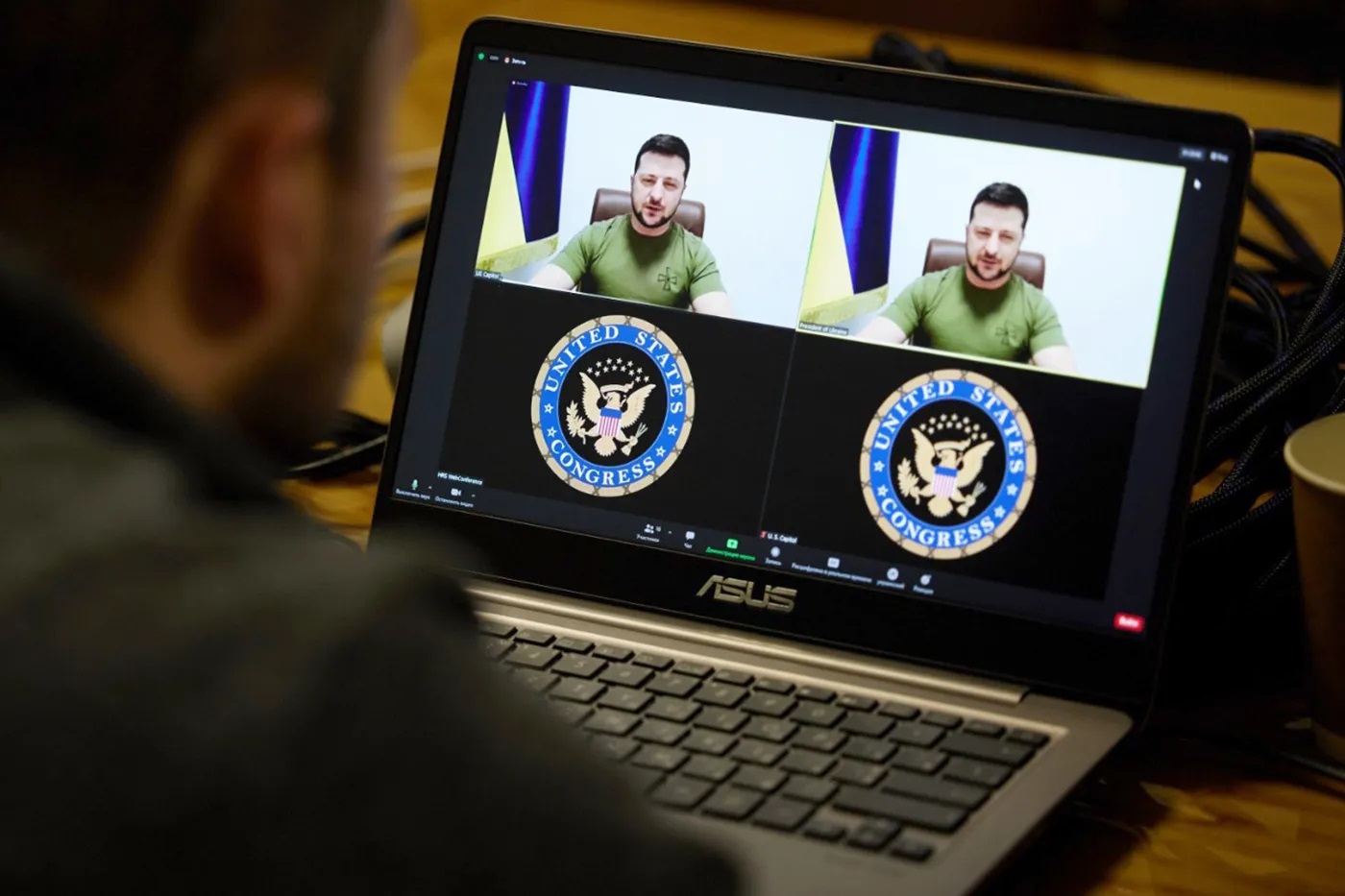This year, billions of people will vote in elections around the world. 2024 will see high-stakes races in more than 50 countries, from Russia and Taiwan to India and El Salvador. However, the looming threat of AI-generated disinformation and misinformation is flooding the channels at an unprecedented rate, posing a significant challenge to the integrity of democratic processes.
Key Takeaway
The spread of AI-generated deepfakes poses a significant risk to the integrity of democratic processes, with the potential to undermine elections and spread misinformation at an unprecedented scale.
AI-Generated Disinformation on the Rise
A study conducted by the Center for Countering Digital Hate (CCDH) revealed a concerning trend in the proliferation of AI-generated disinformation, particularly deepfake images related to elections. The study found that the volume of AI-generated disinformation has been rising by an average of 130% per month on X (formerly Twitter) over the past year, indicating a growing crisis fueled by the availability of free, easily-accessible AI tools and inadequate social media moderation.
Alarming Concerns and Widespread Impact
The rise in election-related deepfakes has raised significant concerns among the public. According to a poll by YouGov, 85% of Americans expressed concerns about the spread of misleading video and audio deepfakes, while a survey by The Associated Press-NORC Center for Public Affairs Research found that nearly 60% of adults believe that AI tools will increase the spread of false and misleading information during the 2024 U.S. election cycle.
The Role of AI Image Generators
The study identified four AI image generators, including Midjourney, OpenAI’s DALL-E 3, Stability AI’s DreamStudio, and Microsoft’s Image Creator, as the primary tools used to create election-related deepfakes. Shockingly, the study found that these generators produced deepfakes in nearly half of the tests, despite some of them having specific policies against election disinformation.
Challenges and Calls for Action
The widespread availability of AI image generators has made it easy to create election deepfakes, which are then amplified through social media platforms. The study highlighted instances where AI-generated deepfakes spread rapidly, raising concerns about the potential impact on democratic processes.
Addressing the deepfakes problem requires responsible safeguards from AI tools and platforms, as well as increased collaboration with researchers to prevent misuse. Furthermore, policymakers are urged to use existing laws to prevent voter intimidation and disenfranchisement arising from deepfakes, while pursuing legislation to make AI products safer by design and hold vendors more accountable.
While some progress has been made, including voluntary accords signed by image generator vendors and efforts by social media platforms to label and regulate AI-generated content, the urgency of the situation demands swift and decisive action to safeguard democracy from the growing threat of political deepfakes.

























